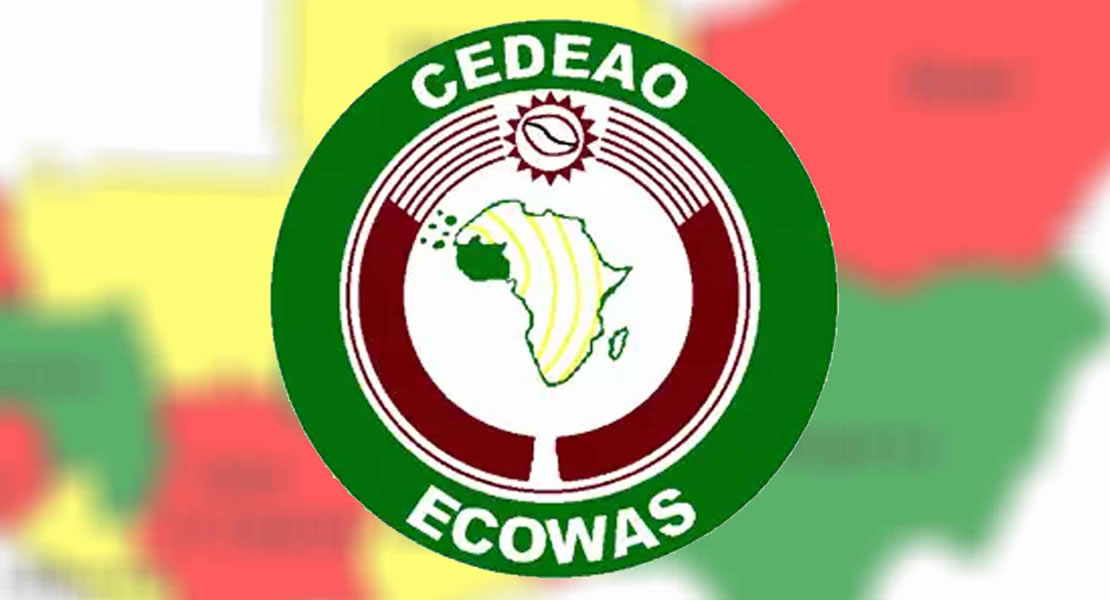
The National Institute for Policy and Strategic Studies of Nigeria (NIPSS) has called on the Economic Community of West African States (ECOWAS) to harmonize and enhance the implementation of transhumance regulations between member states.
This is in bid to integrate the traditional stock routes used by different pastoralist clans, customary transhumance corridors and gazing areas.
An expert with NIPSS, Usman Sarki of Nigeria was speaking on Nigerian Legislation on Transhumance and Management of disputes between herdsmen and farmers at a Parliamentary seminar in Monrovia, Liberia.
He further noted that there is the need for ECOWAS to develop a twenty year plan for Transhumance Risk Mitigation and Reduction with a view to creating the enabling environment for peaceful coexistence between herdsmen and farmers.
The plan should take into consideration long-term measures such as demographic stabilization, climate change impact assessment, hydrological survey, establishment of regional grazing reserves and development of grazing corridors between and among ECOWAS member States.
Discussing the background of transhumance in West Africa, Usman said that the region’s traditional migratory linkages and exchanges of people, goods and services predicated that the historic and age old long-distance trade in commodities like cattle, fish and other essentials have of late been disturbed by factors like conflicts.
Receding surface waters in many areas of West Africa occasioned by drought and climate change, as well as reduced grazing areas have also impacted heavily on the lifestyle of pastoral farmers and adversely affected the scope of their economic activities.
A very important characteristic of both sedentary and pastoral farmers in the ECOWAS region and indeed in most of Africa, is that they are both relegated to the subsistence and informal levels, Usman said.
A dispute between farmers and herdsmen is attributed to land ownership and grazing of livestock by herdsmen.
He further said destructions of crops by herdsmen among others have existed for a long time hence the need for harmonization which can be realized though strict adherence to the ECOWAS protocol decision of 1998 and regulations on Transhumance of 2003.
Usman recommended that ECOWAS should;
• promote gender specific polices and empowerment programmes at grassroots levels,
• develop youths employment policies,
• identify opportunities for farmers and herdsmen to maximize the use of available space,
• establish mechanism for monitoring of transhumance activities across West Africa,
• develop early warning and horizon scanning strategies to anticipate and prevent conflicts related to transhumance activities and seek international support for such policies”.
Kwaku Sakyi-Danso/ghanamps.com